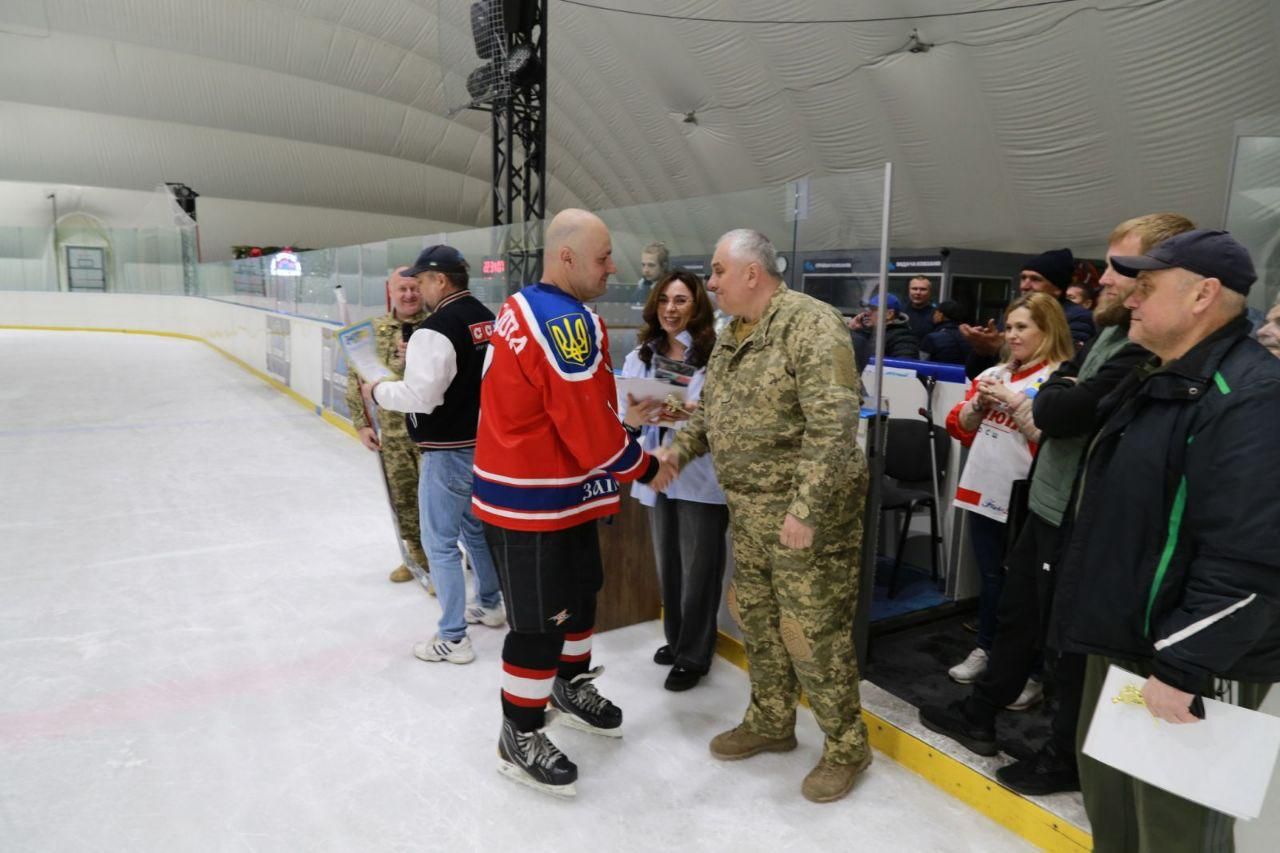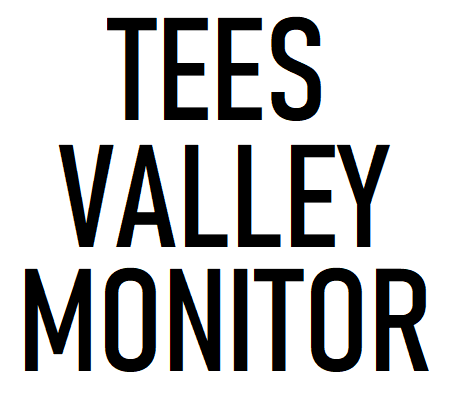In The Line of Fire:
Civilian Life
in Zaporizhzhia,
Ukraine



Zaporizhzhia Region, Crimea to the South, Donetsk to the East; building destroyed in missile attack; building tidied up after missile attack
Olha Pavliuk
23 June 2024
People setting up social projects or running businesses are things that we generally take for granted. They are just part of the backdrop of everyday life. In a warzone, however, these activities present some unique challenges.
The Russian invasion of Ukraine is now in its third year. But civilian life continues under the bombardment. Nowhere is this more stark than in the Zaporizhzhia region. With occupied Donetsk to the East and Crimea to the South, part of Zaporizhzhia (region) was immediately overrun by the Russian army right at the start of the conflict.
The impact of the invasion was global, given the importance of Ukraine as a grain producer. One of the region's cities overrun at that point was Berdyansk, a port with access to the Sea of Azov from which the country's grain was exported. But the agrarian sector is itself a significant element in the region's economy.
Ukrainian forces subsequently liberated some parts of the region, most notably Kherson and Kharkiv, but large parts of the region remain under Russian occupation; for the people of the city of Zaporizhzhia the front line is therefore never very far away, and missile and drone attacks are an everyday occurrence.
But how does anyone run a business in that environment?
Igor Kaideshev, Modern Technologies
Igor Kaideshev, owner of a long-established and successful agricultural machinery plant, Modern Technologies, in the town of Vasylivka, found himself on the wrong side of the front line as the invasion began.

Igor Kaideshev, at his original factory in Vasylivka
The invaders, as it turns out, not content with incorporating the region into the Russian Federation, are also renowned for running protection rackets. Facing the stark choice to either collaborate or see his family suffer, Igor closed the factory and removed his family to the relative safety of the city of Zaporizhzhia some 40km away.
There he waited, hoping that Vasylivka would be liberated in a counter-offensive. Unfortunately, this never happened. To make things worse, Igor discovered that when you flee invaders in your home town, your business debts go with you. The government is not in a position to pay compensation, only to record the case and calculate the losses, hoping to rectify things at a later date.
Igor, unsurprisingly, could not afford to wait for that. He eventually managed to obtain a small government grant to restart his business, moved west to the town of Vinnytsia, well away from the front line, and opened a new plant. This operation is on a considerably smaller scale than the original plant, but it has allowed him to continue in business and supply technology to a key sector of the Ukrainian economy.
Andriy Detsura, Ice Point
For former professional ice hockey player, Andriy Detsura, on the other hand, leaving town was not an option. As he retired from professional sport, he set up a project to build an ice rink in his home city of Zaporizhzhia. This was nearing completion when the invasion began. It wasn't long before foreign contractors started to pull out. Children and young people who were in the sports teams that would have used the facility started to move out, either to safer cities or abroad. Andriy, however, completed the project by becoming a jack-of-all-trades, and the facility, known as Ice Point, finally opened 18 months late.

Andriy Detsura on the ice
Somewhat contrary to expectation, the facility has experienced considerable success since opening. This was in part due to the fact that the Covid lockdown turned out to be more challenging in Ukraine than elsewhere in the world, given that it was followed shortly by the Russian invasion. Children and young people in Zaporizhzhia have been unable to attend school for four years now.

Hockey teams in action at Ice Point
However, the ice rink with built-in bomb shelters remains open and provides a rare opportunity for children and families to socialize in relative safety.
The facility also provides recreational opportunity and even convalescence for military personnel from the front line. Of necessity it has become integral to the war effort. But, as Igor also found, finance remains precarious. Much of it comes from one of Andriy’s other businesses (in IT), and various professional teams provide uniforms and equipment for the children on a charitable basis. The kind of large investors that would normally be involved in enterprises such as this have disappeared. Frightened off by the business’ transformation into a social enterprise, perhaps.

Ice Point also caters for military personnel
As for the imminent risk of attack, Andriy is not concerned. It’s not so much complacency, as acceptance of it as a fact of everyday life. And this is an attitude that appears quite widespread. While Andriy has installed bomb shelters on the premises, these are of little use in the event of a missile attack. While the city has warning sirens in place, the fact is that the front line is so close that people would have only seconds to reach a shelter before a missile landed. In fact, it is not unknown for a missile or drone attack to start before the sirens are heard.
The Sound of Sirens
In this video footage of a local park, the air raid siren can be clearly heard, but those (few) people in the vicinity are not running for cover. In fact, they seem wholly undisturbed by the warning, and just carry on with whatever they were doing. Andriy’s attitude, it seems, is not unique.
Oleksiy Puchkov, Urozhay (Harvest)
But people’s leisure habits have certainly changed. At one time the city’s cafés and restaurants were popular destinations. Now, however, many families are split, restaurant terraces are no longer safe spaces, and the front line has brought a transient population to the city.
Another entrepreneur whose business has been transformed from a commercial to a social enterprise is Oleksiy Puchkov’s. For twenty years he ran a large-scale bakery, Urozhay (Harvest). The invasion then separated him from a large number of his suppliers and a large number of his business customers. He has been able to engage suppliers from other regions but the nature of the demand for his products changed on account of the war.

Oleksiy at work in his bakery
Family life has been disrupted; soldiers from the front line go in and out of the city; people simply do less socialising. Oleksiy responded to this shift by moving into catering, opening diners and street food kiosks. Demand nowadays is for food that is wholesome, quick and cheap. Oleksiy has moved successfully into that essential market.
For each of these three entrepreneurs the war has led to either significant downsizing or self-financing or adaptation or all three. The Zaporizhzhia Business Union is running a “Support your Zaporizhzhia” campaign, encouraging consumers to support local business. This they appear to be doing, but even that leaves business owners with the problems of loss of personnel, as people sign up to serve in the military, and a blockade on international financial transactions, initiated on account of the fact that the Zaporizhzhia region is under partial occupation. Even for Oleksiy, whose new enterprise is highly successful, its foundations are uncertain on account of circumstances that are entirely outwith his control.
Local opinion on the war is undoubtedly complex, but there can be little doubt that the proximity of enemy forces has stimulated a degree of solidarity and cooperation that would be unthinkable in peacetime. Oleksiy, Igor and Andriy are part of that. There will also be those who reject this spirit of cooperation, those who give the Russian invaders quiet approval or simply seek to profit from the situation without accepting civic responsibility. But the city continues to function and some semblance of normality remains. For the time being at least, chaos is being kept at bay.
Meanwhile, back on Teesside ...
Some members of the Ukrainian community were having a party at the Riverside Stadium yesterday (ed):

photo courtesy of Andrey Strelkov
